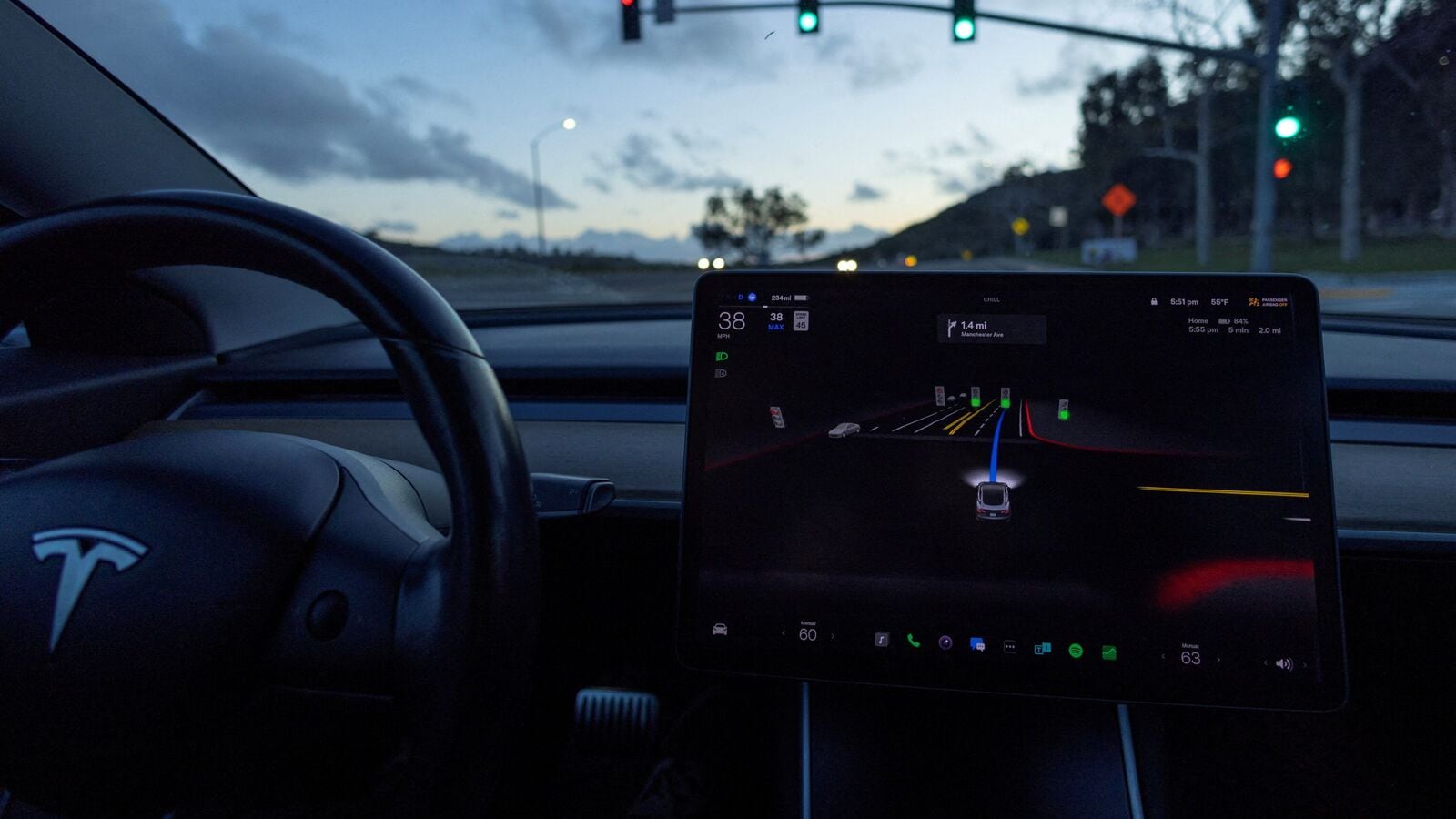The UK has passed the Automated Vehicles Act, which received Royal Assent from King Charles, paves the way for self-driving cars to be on UK roads by
…
Self-driving vehicles represent a revolutionary advancement in automotive technology. These autonomous vehicles are designed to navigate and operate without human intervention, relying on an array of sensors, cameras, and artificial intelligence to drive safely. The potential benefits include reduced traffic accidents, increased mobility for those unable to drive, and more efficient traffic management. However, the rollout of self-driving cars requires robust regulatory frameworks to ensure safety and accountability.
The UK has taken a significant step forward in this arena. The passing of the Automated Vehicles Act, which received Royal Assent from King Charles, paves the way for self-driving cars to be on UK roads by 2026. This legislation mandates that autonomous vehicles must achieve a safety level equivalent to that of careful and competent human drivers.
While self-driving cars will still require occasional human input, the law stipulates that drivers will not be held responsible for the vehicle’s actions when it is operating autonomously. Instead, responsibility shifts to insurance providers, software developers, and automotive manufacturers.
British Transport Secretary Mark Harper hailed the bill’s passage as a “milestone moment” for the UK’s self-driving industry. “Britain stands at the threshold of an automotive revolution,” Harper stated, emphasising that the new law will enhance both road safety and economic growth. The legislation ensures that people retain the option to drive themselves while enabling the deployment of self-driving vehicles, potentially starting as early as 2026.
Also Read : Are autonomous vehicles really smart? Check how a simple trick can fool them
Mike Hawes, Chief Executive of the Society of Motor Manufacturers and Traders (SMMT), echoed this sentiment, calling the legislation a “watershed moment” for UK automotive innovation. Hawes highlighted that the new law places the UK among a select group of global markets with established regulatory frameworks for autonomous vehicles.
Globally, countries are at varying stages of adopting self-driving car regulations. In the United States, for instance, states like California and Arizona have already permitted the testing of autonomous vehicles on public roads. Meanwhile, Germany has implemented legislation that allows for the use of self-driving cars under certain conditions, emphasising strict safety and technical standards. As countries continue to develop and refine these regulations, the future of self-driving cars looks increasingly promising, with the potential to revolutionise transportation worldwide.
First Published Date: 26 May 2024, 15:03 PM IST

